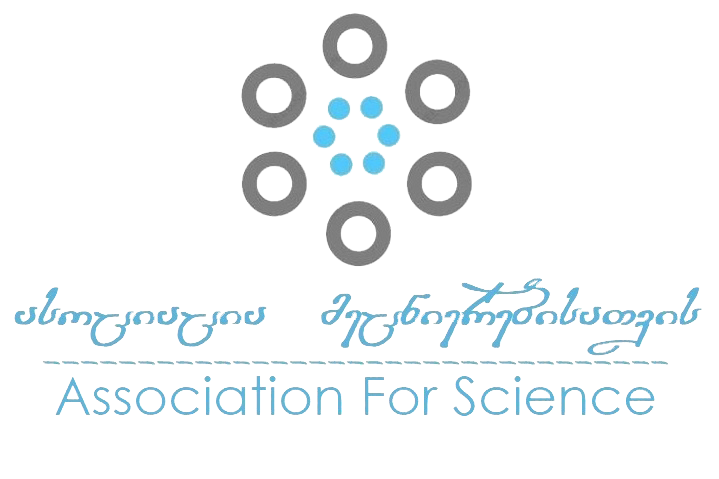თვითრეგულაციის საკითხისათვის სასკოლო და საუნივერსიტეტო პრაქტიკაში ასინქრონული სწავლების დროს
DOI:
https://doi.org/10.52340/sou.2022.20.30საკვანძო სიტყვები:
თვითრეგულაცია, სასკოლო და საუნივერსიტეტო პრაქტიკა, ასინქრონული სწავლება, კვლევა, თანამედროვე საგანმანათლებლო პროცესიანოტაცია
ნაშრომში შესწავლილია თვითრეგულაციის საკითხი სასკოლო და საუნივერსიტეტო პრაქტიკაში ასინქრონული სწავლების დროს. დაკვირვება ჩატარდა, როგორც უნივერსიტეტში, ასევე სკოლაში. კვლევაში მონაწილეობდნენ სხვადასხვა რეგიონის მოსწავლეები და სტუდენტები, სულ 101 რესპონდენტი.
კვლევის შედეგების მეთოდური დამუშავების გზით გამოიკვეთა მოსწავლეებსა და სტუდენტებში საქმიანობის სუბიექტური რეგულირების პიროვნულ-ტიპოლოგიური მახასიათებლები (მათ შორის დისტანციური საქმიანობის ფორმატის მიმართ დამოკიდებულება) და თვითრეგულაციისა და ინერნეტიულობის ხარისხი. ნაშრომში, კვლევის შედეგების საფუძველზე გამოთქმული რეკომენდაციები სასარგებლოა, როგორც უნივერსიტეტებისთვის, ასევე სკოლებისთვის.
წყაროები
Прыгин (2006). Прыгин. Личностно-типологические особенности субъект-ной регуляции деятельности. тема диссертации и автореферата по ВАК РФ 19.00.01, доктор психологических наук. https://www.d¬is-sercat.com/content/lichnostno-tipologicheskie-osobennosti-subektnoi-regulyatsii-deyatelnosti
Prigin, G. (2006). Prigin Gennadiy. Samuilovich. Is personal-typological features of subject regulation of activity. Moscow;
Bandura, A. (1991). Albert Bandura. Social Cognitive Theory of Self-Regul-ation (PDF). Organizational Behavior and Human Decision Processes. 50. (248-287) (1991) ხელმისაწვდომია ლინკზე: http://-www.uky.edu/~eushe¬2/¬Bandura/Bandura1991OBHDP.pdf (ბოლო ნახვა 2022.25.12.)
მელიქიშვილი (2012). მანანა მელიქიშვილი. სწავლის სოციალურ - კოგნიტური თეორია. რედაქტორი: ნათია ნაცვლიშვილი. მასწავლებელთა პროფესიული განვითარების ეროვნული ცენტრი;
დოლიძე (2017). თამთა დოლიძე. თვითრეგულაციის სათავეებთან. ინტერნეტგაზეთი „მასწავლებელი“. 17.08. 2017. ლინკი მოცემულ დროზე: ხელმისაწვდომია ლინკზე: http://mastsavlebeli.ge/?p=15232 (ბოლო ნახვა 2022.25.12.)
ფირჩხაძე (2020). მაია ფირჩხაძე. სწავლის სინქრონული და ასინქრონული სა¬შუ¬ალებები. ინტერნეტგაზეთი „მასწავლებელი“. ლინკი მოცემულ დრო¬ზე: 7.05.2020. ხელმისაწვდომია ლინკზე: http://mastsavleb¬eli.ge/?p=25733 (ბოლო ნახვა 2022.25.12.)



